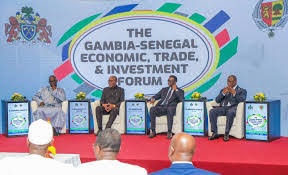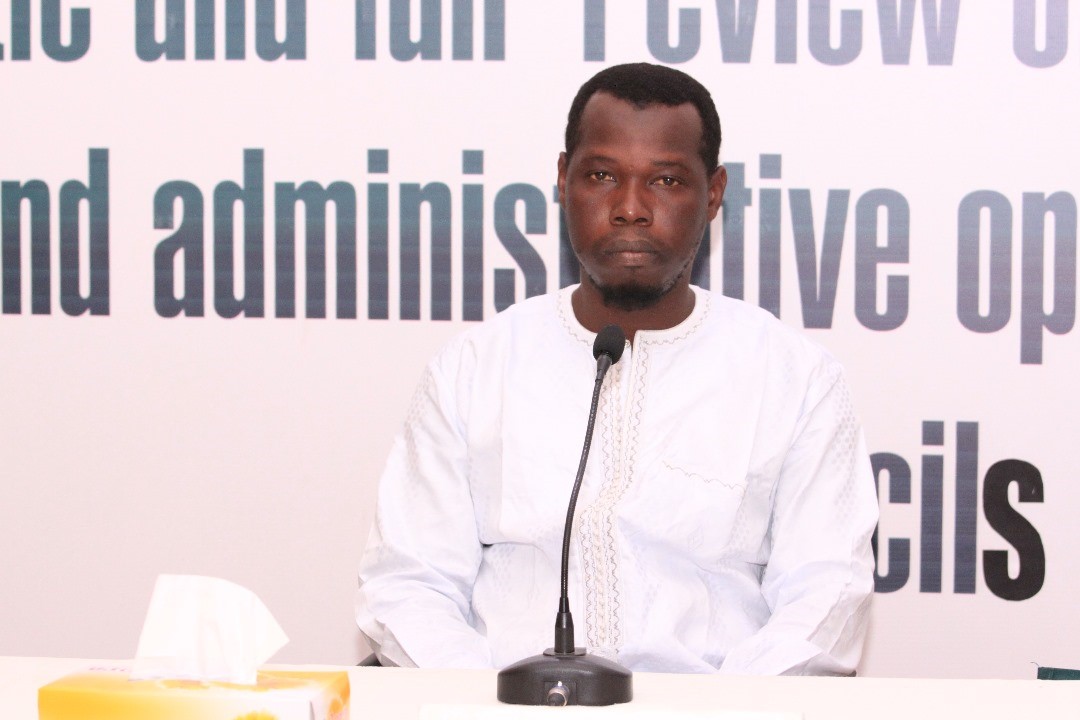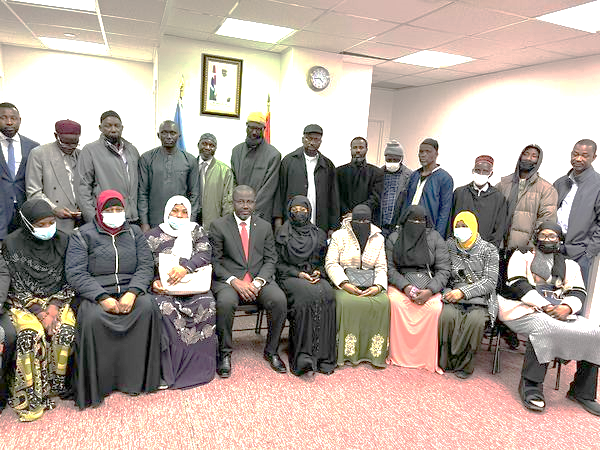The Senegal-Gambia Economic and Trade Forum marked a significant turning point in the bilateral relations between the two countries.
Unlike previous meetings often colored by political connotations, this edition was praised by the private sector, especially by Amadou Seck, President of the Union of Industrial and Commercial Service Providers of Senegal (UPIC) and member of the National Employers’ Committee (CNP).
Amadou Seck did not spare any praise for Senegalese Prime Minister Ousmane Sonko, his Gambian counterpart, and all the entities that contributed to the success of this forum. For him, this economic meeting represents a “great shift” in the way economic relations between the two countries are now conducted.
“It is a first that the private sector praises and congratulates the authorities. We had the opportunity to sign several agreements with our Gambian partners, agreements that bring benefits to both our countries. Several strategic points were also raised and passed on to our leaders, accompanied by joint development projects,” he emphasized.
The significance of this forum lies in its ability to strengthen economic relations between Senegal and Gambia, two neighboring nations with complementary economies. According to Amadou Seck, trade exchanges between the two countries were estimated at around 92 billion FCFA in 2011, reaching 117 billion FCFA in 2023.
However, this growth remains insufficient given the existing opportunities and potential. “In 22 years, the figures have not evolved much. Hence the importance of this forum to energize these exchanges and bring them to a level that meets the ambitions of our two peoples,” he stated.
The forum allowed for discussions on joint projects and strategic challenges in sectors such as agro-industry, infrastructure, and cross-border trade. Amadou Seck, who has also been working in Gambia for over ten years in his agro-food company, views the two countries as one market that must be developed in a harmonious manner.
“Gambia is also my country, as I have been working there for over a decade. This forum represents a unique opportunity to build a true synergy between our economies,” he said, calling for enhanced collaboration between private sector actors and authorities on both sides of the border.
With this forum, Senegal and Gambia seem to be embarking on a new dynamic, marked by increased involvement of the private sector in economic decisions and direct dialogue with the authorities. Amadou Seck sees this approach as a chance to transform economic relations into a true growth lever for both countries.
In conclusion, this Senegal-Gambia Economic and Trade Forum is not just a one-time event but a turning point in the way economic relations between the two countries are conceived. It paves the way for more pragmatic, balanced, and, above all, more beneficial cooperation for the populations of both nations.
Modou Ndiaye





